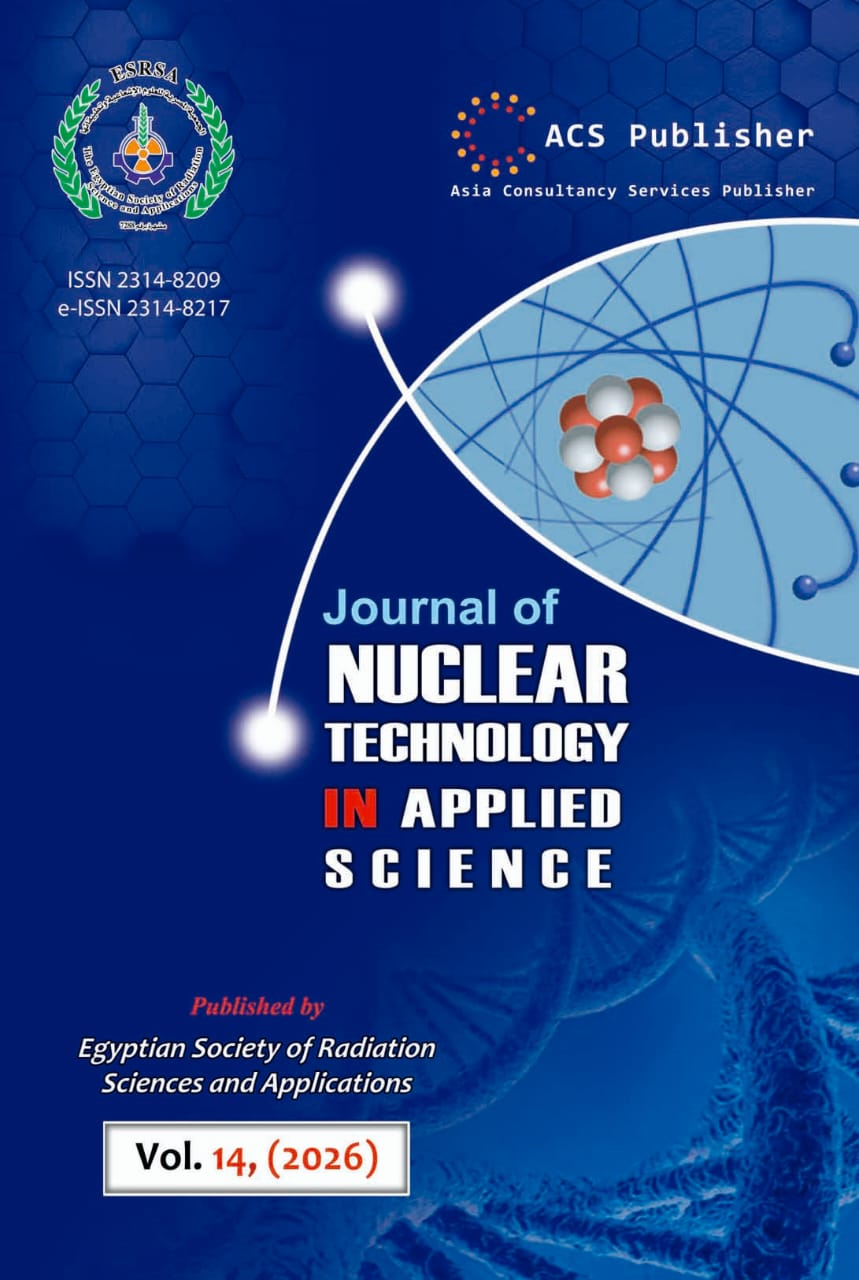Role of 5-Fluorouracil Chitosan Nanoparticles on Decreasing the Oxidative Stress in Mice Bearing Ehrlich Carcinoma
DOI:
https://doi.org/10.48165/Keywords:
5-fluorouracil chitosan nanoparticles (5FUCNPs), Ehrlich carcinoma, angiogenic markersAbstract
5-Fluorouracil (5-FU) as anticancer drug has many side effects. Site-specific delivery of 5-FU would reduce the systemic side effects and provide effective and safe therapy. Chitosan nanoparticles (CNPs) are used in drug delivery systems. In the present study the effects of 5-fluorouracil chitosan nanoparticles (5FUCNPs) on decreasing the oxidative stress were investigating within a model of female mice bearing solid Ehrlich carcinoma (EC). 7 days After solid tumor induction, 5-FUCNPs were administrated by gavages (0.5 mg/kg body weight) to mice for 15 days. Tumor size was monitored; oxidative stress markers were assessed. In addition, the angiogenic markers concentrations were evaluated. In vitro, 5FUCNPs showed high cytotoxic effect on EC tumor cells. Gavages of EC-bearing mice with 5FUCNPs significantly reduced tumor size, increased MDA level, decreased GSH level and recorded great destruction in tumor tissues. Meanwhile, in liver tissue MDA level significantly decreased and GSH level increased. On the other hand, a significant decrease in the levels of angiogenic markers were recorded. In conclusion: CNPs as a drug carrier for 5-FU have a role in reducing tumor growth and may represent a novel class of anticancer drug.
References
Downloads
Published
Issue
Section
License

This work is licensed under a Creative Commons Attribution-NonCommercial-NoDerivatives 4.0 International License.

